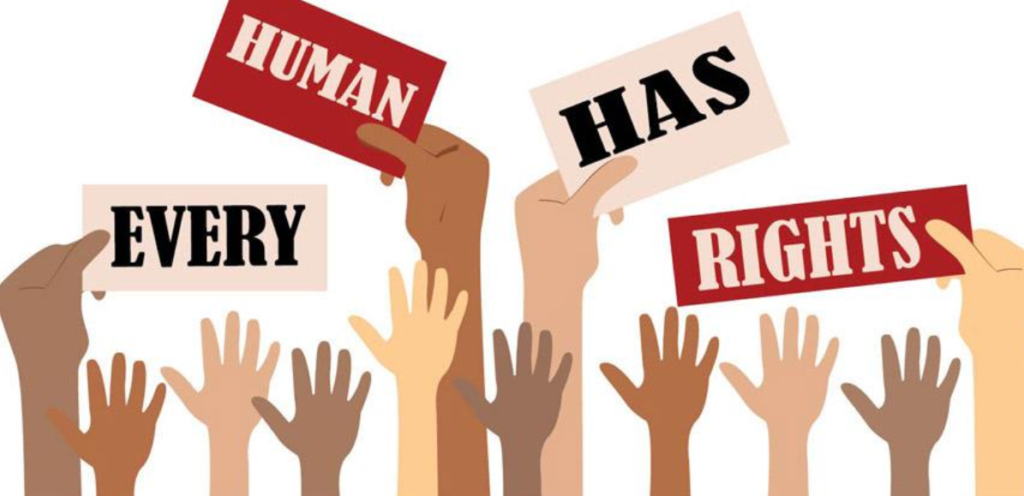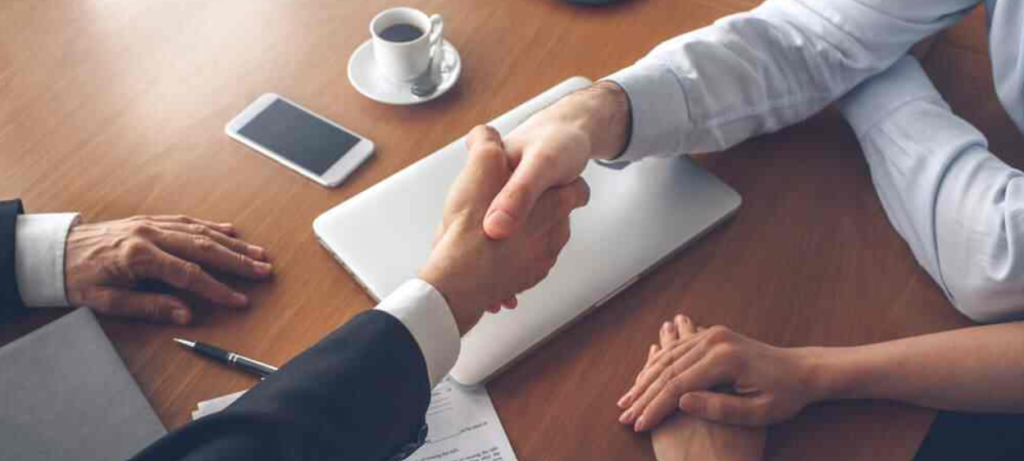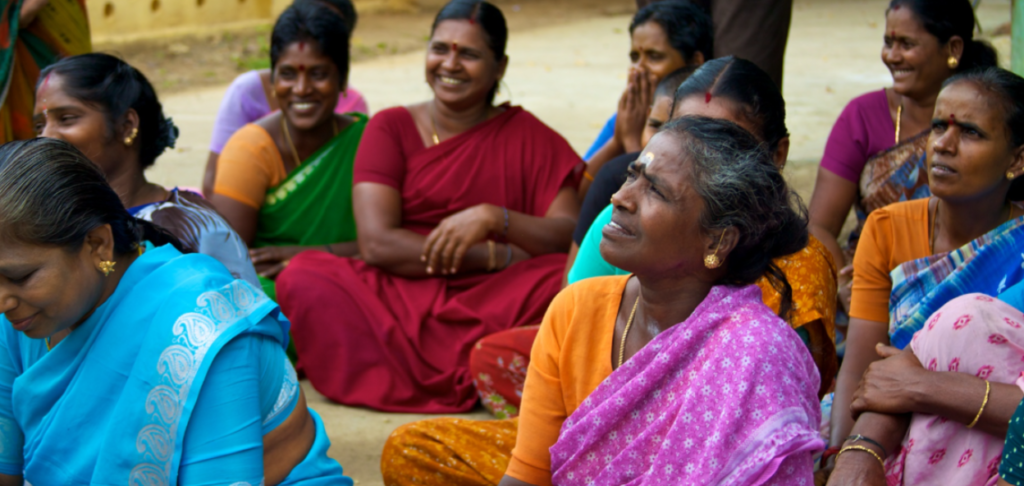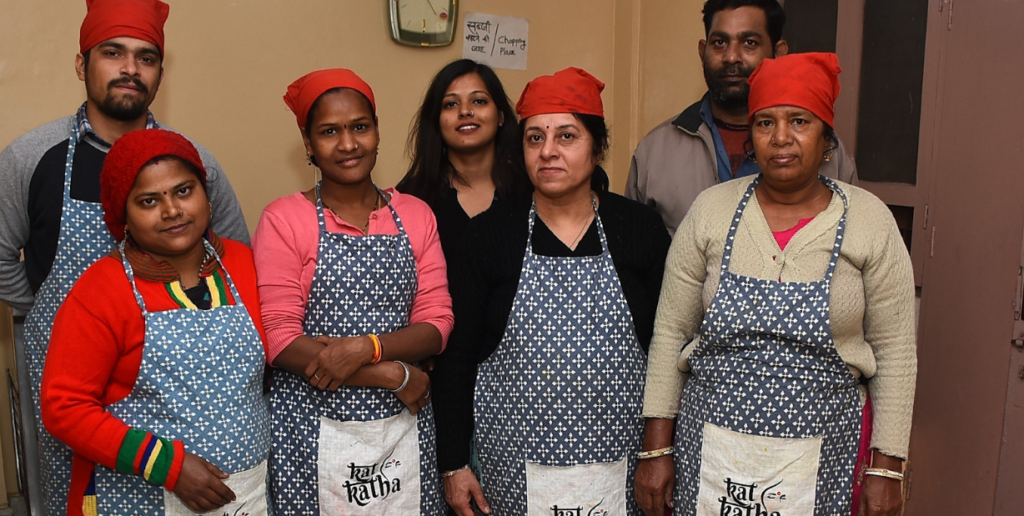Mumbai, the financial capital of India, is one place where diversity and complexity so obviously define the country’s heterogeneity. Millions are housed here, with significant numbers of people from marginalised societies that face serious human rights violations in many different forms. Such an environment, in turn, made NGOs a source of first life to advocate for victims for their violated rights as well as in the struggle for social justice.
This article looks into at least seven of the most visible Human Rights NGO in Mumbai and their mandates and activities, and their impacts and challenges.
Role of Human Rights NGOs

Essential Role of Human Rights NGOs in monitoring government actions and providing legal service to victims of abuse, as well as pushing policy reforms that are in the interest of the rights of the most vulnerable members of society. Some of the core functions include:
- Monitoring and Reporting: Documenting violations of human rights while increasing public awareness of these issues.
- Legal Support: Offering legal assistance to victims seeking justice.
- Educate and Raise Awareness: Organizing workshops and rallies to educate people about their rights.
- Advocacy: Influences policy change and legislative amendment to better protect human rights.
Prominent Human Rights NGO in Mumbai
Acid Survivors Saahas Foundation (ASSF)

Background: The Acid Survivors Saahas Foundation was an organisation founded by Daulat Bi Khan in 2016 after surviving acid violence herself. ASSF is working to aid acid attack survivors while fighting against acid violence. The empowerment of rehabilitation through skill development programs and making people aware of acid attacks is the organisation’s approach.
Mission and Activities: ASSF has a mission to create an environment conducive to survivors reconstructing their lives from the trauma inflicted upon them. The main activities are:
- Legal Counseling: ASSF offers legal counselling services to survivors so that they may seek justice from their attackers.
- Vocational Skills: The organisation provides training so that survivors gain skills that help them become employable.
- Psychological Counseling: Mental health is an essential component of ASSF’s services. It addresses the emotional wounds such violent acts cause.
Impact: ASSF has done marvellous work in highlighting the issue of acid attacks on the Indian scene. They educated the masses with campaigns and outreach programs in various communities about this issue and campaigned for stricter laws against acid violence.
Website: https://www.assfindia.org/
Majlis Manch

Background: Majlis Manch, a women’s rights organisation, has been working on the defence of women’s rights and legal aid since its foundation in 1991 by Adv. Flavia Agnes. The organisation makes women aware of their legal rights and empowers them.
Mission and Activities: Majlis Manch performs the functions of increasing women’s legal awareness and enabling them to access justice effectively. The activities are as follows:
- Legal Counseling: Free legal advice to women who are victims of domestic violence, sexual harassment, or other forms of abuse.
- Workshops: Programmes which create awareness of legal rights amongst Indian women.
- Advocacy Campaigns: Public awareness campaigns to discuss women’s issues and promote equality between genders.
Impact: Majlis Manch has helped a thousand women see their way to the judiciary for justice. Their work has not only provided immediate relief but also contributed to more extensive social changes regarding women’s rights.
Website: https://www.instagram.com/majlis_law/?hl=en
Global Mercy Foundation

Background: Global Mercy Foundation deals with the most essential issues of human rights, such as access to health care, education, and women’s empowerment in the marginalised communities of Mumbai.
Mission and Activities: The foundation works to develop sustainable solutions for social problems affecting the vulnerable sections of society. The main activities include:
- Health Camps: Organizing free medical camps in poor localities for general health care.
- Educational Programs: Launching programs to improve literacy among children as well as adults.
- Community Development Projects: The foundation helps local communities create infrastructure capable of catering to education and healthcare.
Impact: The holistic way by the Global Mercy Foundation improved access for various sections of Mumbai communities to receive care.
Website: https://globalmercyfoundation.org/
People Like Us (PLUS)

Background: People Like Us, or PLUS, is a social justice advocacy/organisation geared at community empowerment for the upliftment of vulnerable societies. Primarily focusing on serving communities, marginalised or otherwise.
Mission and Activities: PLUS, generally, would promote empowering communities with help in making known their demands of rights with some grassroots action being supported, that is, some grass root mobilising activities;
- Community Mobilization: Inspiring community members to take a participatory role in local governance and decision-making processes.
- Awareness Campaigns: Running campaigns on caste discrimination, gender equality, and environmental rights, among others.
- Support Services: Providing support to ensure access to government schemes and services.
Impact: PLUS has effectively mobilised the communities towards needed change on specific issues, thus empowering marginalised communities.
Website: https://www.plus.org.in/
All India Citizen Vigilance Committee (AICVC)

Background: All India Citizen Vigilance Committee is an organisation that works to make government institutions more transparent and accountable.
Mission and Activities: AICVC’s mission is to prevent corruption and violation of human rights by public servants through advocacy and citizen engagement. Major activities include:
- Policy Advocacy: Advocating for reforms that increase governmental accountability.
- Public Awareness Campaigns: Educating citizens about their rights in government services.
- Monitoring Government Actions: Keeping track of government policies that affect human rights protections.
Impact: AICVC has played an essential role in raising awareness of corrupt issues and is advocating for structural changes that advance transparency.
Website: https://cvc.gov.in/
Human Rights Foundation of India (HRFI)

Background: The Human Rights Foundation of India was incorporated with the express purpose of working towards raising human rights awareness across the country. Having its head offices in Mumbai, HRFI works in multifaceted arenas of human rights advocacy, such as education, medical care access, and legal assistance.
Mission and Activities: HRFI’s mission is based on the educative input of citizens toward their fundamental rights while providing necessary support services for those whose rights are violated. Key activities include;
- Legal Assistance: Free legal aid for victims of human trafficking, domestic violence, and other abuses
- Awareness Programs: Seminars and workshops targeted at educating people on the laws under human rights.
- Research Initiatives: Recording of the human rights violations documented to inform policy advocacy.
Impact: HRFI has successfully helped hundreds of people gain access to justice and raise awareness on crucial human rights issues affecting the marginalised communities of Mumbai.
Website: https://www.hrfoi.org/
Kat Katha

Background: Kat Katha is an NGO that focuses on supporting women who have been trafficked into sex work. The NGO was started with the intention of empowering these women through education, health services, and skill development programs. It primarily works in red-light districts across Mumbai.
Mission and Activities: Ending this trafficking while there is holistic aid for women who are caught on the sex train that Katha’s goals include:
- Skilled Development Training: Catering to provide vocational training on alternative livelihood choices outside of their sex work, which they undertake.
- Health Programmes: Availing medical check-ups and, in particular, mental well-being services towards the survivors of trafficking.
- Create Awareness: An educational program educating the community concerning the prevention and eradication of trafficking.
Impact: Kat Katha has helped transform the lives of many women, restoring control over their futures and creating awareness in society about trafficking.
Website: https://www.kat-katha.org/
Challenges Confronting Human Rights NGOs
Although human rights NGOs in Mumbai are indispensable to the city, they face many challenges:
- Funding Issues: Most NGOs run on shoestring budgets that are donor-ordinate-dependent from international organisations or philanthropic organisations. This lack of financial security makes it difficult for them to continue programs or grow.
- Government Restrictions: Some NGOs face bureaucratic obstacles or state scrutiny that may hinder their activities. In some instances, organisations campaigning for sensitive issues are harassed or intimidated by the state.
- Public Awareness: One of the issues related to human rights is less awareness among the public. Most of the people might not know what rights they possess or even how to file a complaint if those rights are violated.
- Capacity Building: A majority of NGOs lack capacity building as there are insufficient resources to provide adequate training for fosters or volunteers. Poorly qualified staff or volunteers can lead to poor services.
- Societal Attitudes: Deep-rooted societal attitudes toward some issues—be it caste-based discrimination or gender-based violence—can be tough nuts to crack for NGOs that want to bring social change.
Human Rights NGOs’ Impact on Society
Human rights NGOs have impacted society profoundly through the following means:
- Legal Reforms: Most NGOs have been successful in policy reforms at local and national levels due to persistent advocacy. Their efforts have resulted in the enactment of new laws meant to safeguard the vulnerable from exploitation.
- Empowerment of Marginalized Communities: By offering education and resources, these organisations empower marginalised communities to assert their rights confidently; such empowerment leads to greater participation in democratic processes.
- Raising Awareness: NGOs become very instrumental in raising public awareness about human rights issues and campaigns, workshops, and media interaction through which one may gain more public support for reform.
- Support Services: Several organisations give direct support services, such as legal aid counselling, health care, etc, to the affected people who are in dire need of human rights support.
- Building Networks: NGOs frequently partner with other organisations and international organisations to build coalitions that strengthen advocacy efforts across different issues.
Future of Human Rights NGOs in Mumbai
As Mumbai continues to change socially and economically, so too must strategies employed by human rights NGOs:
- Adopting Technology: Technology can help outreach efforts better, and social media campaigns can raise awareness more effectively than traditional methods alone.
- Building Networks: Collaboration among NGOs may amplify voices to bring about a change; it can increase attention around issues that are pressing and require urgent focus, such as gender-based violence or caste-based discrimination.
- Sustainability: Sustainable funding models will have to be designed; partnerships with businesses or even local communities may have more stable bases for funding.
- Capacity Building: Investment in training programs for employees will ensure that organisations remain effective advocates; this includes training on emerging human rights issues such as digital privacy concerns or environmental justice.
Human rights NGOs in Mumbai are crucial actors that play a significant role, i.e. society in the cause of justice and equality; in Mumbai, Majlis Manch Global Mercy Foundation Acid Survivors Saahas Foundation People Like Us (PLUS), All India Citizen Vigilance Committee Human Right Foundation of India Kat Katha Organizations like these provide a commitment to enhancing people’s lives while addressing systemic impediments marginalized people across different industries, such as health care, gender equality.
Despite the various challenges they encounter, such as lack of funds or government restrictions, the organisations keep on making an impact through direct support services in addition to general advocacy efforts aimed at creating lasting change within the communities they serve across the different landscapes of Mumbai!
As we look forward to future developments within this space, it becomes increasingly clear that sustained commitments to empowering individuals and fostering collaborative relationships will be key drivers behind successful outcomes moving forward!
Leave a Reply